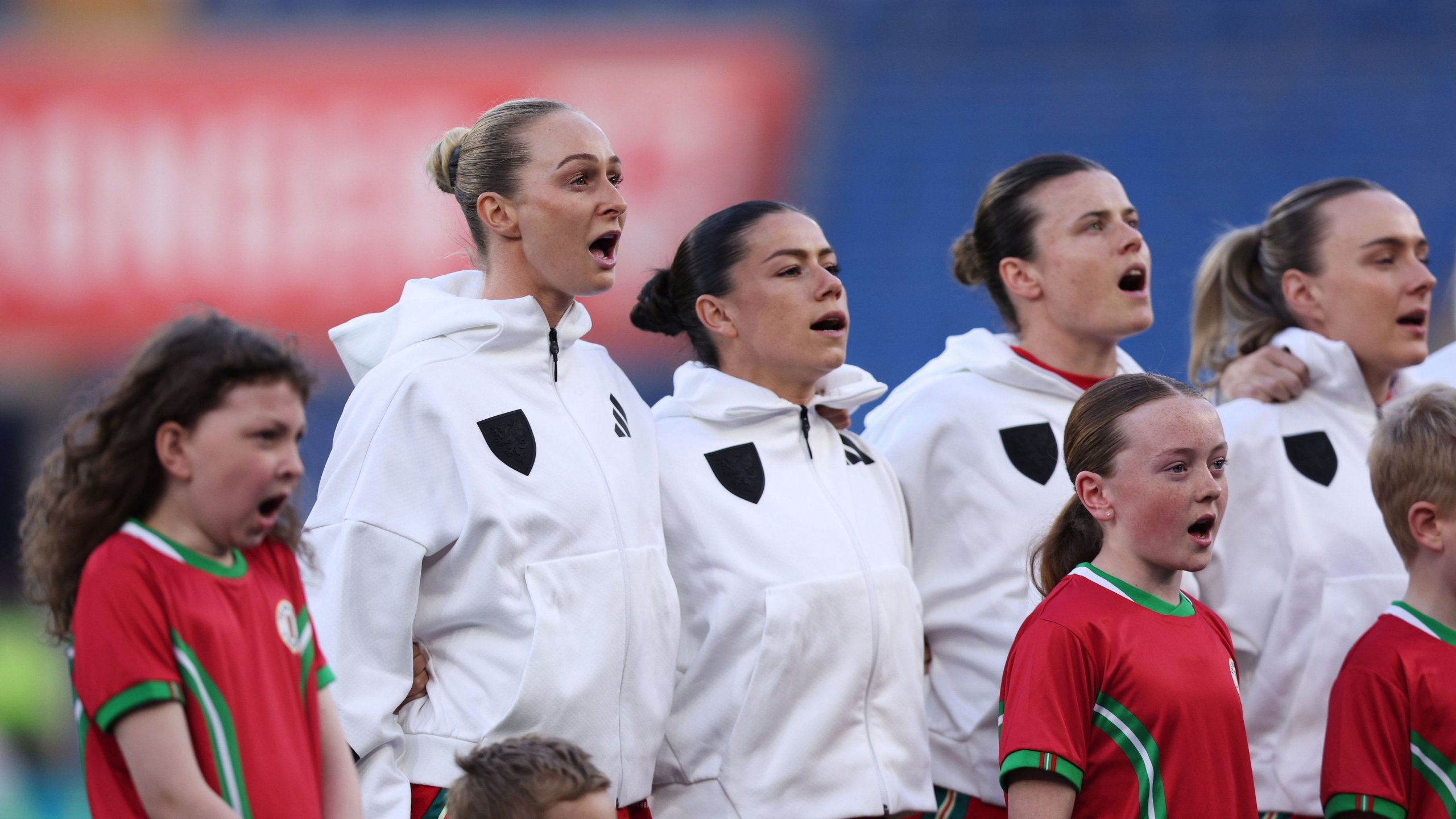Wales National Anthem: Land of My Fathers Unpacked
Wales national anthem “Hen Wlad Fy Nhadau”, better known in English as “Land of My Fathers”, has stirred stadiums and concert halls for more than a century. Its soaring melody, rich Welsh-language lyrics and unmistakable choral swell combine to create one of the most emotive sounds in world sport. From rugby crowds in Cardiff to football fans at the 2022 World Cup, the anthem is a living link between modern Wales and its storied past.
The origins of the Wales national anthem
The song was born in 1856 when harpist James James composed a lilting tune while walking beside the River Rhondda. He asked his father, Evan James, a local weaver and poet, to provide words. Overnight Evan produced three verses that celebrated the land, its language and the sacrifices of generations who fought for freedom. Originally titled “Glan Rhondda” (Banks of the Rhondda), it spread quickly through chapel hymnals and eisteddfodau, evolving into a de-facto anthem long before any official rubber-stamp.
Adoption in sport
Rugby first cemented the piece in Welsh sporting folklore. In December 1905, Cardiff Arms Park hosted the fabled “Match of the Century” against New Zealand’s Original All Blacks. Welsh players answered the Haka by singing “Land of My Fathers”, the crowd joined, and a tradition was born. Football followed slowly, clinging to “God Save the Queen/King” until 1975, when the Football Association of Wales formally embraced the Welsh-language anthem as the sole pre-match song. The decision acknowledged a growing cultural confidence and the importance of hearing native words echo through packed terraces.
Lyrics and layered meaning
Translated, the verses speak of poets, singers and warriors who shed blood for liberty, of mountains and rivers that cradle identity, and of a language that “knows no retreat”. The recurring chorus—“Gwlad, gwlad, pleidiol wyf i’m gwlad” (“Land, land, I am true to my land”)—is a vow of fidelity that resonates far beyond the valleys. While the English rendition captures the spirit, only the rolling cadence of Welsh truly conveys the emotional punch, explaining why bilingual crowds usually favour the original tongue.
Cultural importance beyond the pitch
Outside sport, “Hen Wlad Fy Nhadau” underscores national ceremonies, political rallies and school assemblies. Although Wales lacks a legally designated anthem, multiple petitions to enshrine it in law highlight its unifying power. Musically, its minor-key opening and major-key lift mirror the Welsh narrative of struggle and optimism. Folk bands, male voice choirs and contemporary artists regularly reinterpret the tune, ensuring each generation takes ownership of the classic.
From Cardiff to Qatar: global exposure
The 2022 FIFA World Cup in Qatar offered the anthem a fresh global stage. When Rob Page’s side lined up for their opener against the United States, millions heard 40,000 travelling supporters deliver a spine-tingling rendition. Social media buzzed with praise, and searches for the Welsh lyrics spiked worldwide. Moments like these turn a regional song into an international talking point while strengthening bonds among the Welsh diaspora.
Why it endures
Part of the anthem’s longevity lies in its accessibility. A simple, memorable melody allows even non-Welsh speakers to hum along after one hearing, while the chorus’s call-and-response structure invites participation. Crucially, the song links patriotism to cultural survival rather than military might, conveying pride without triumphalism—an approach that resonates in today’s more inclusive sporting arenas.
Future of the Wales national anthem
Debate occasionally arises about modernising the lyrics, translating them officially, or sharing equal billing with “God Save the King” at certain events. Yet polling suggests overwhelming support for keeping the anthem unchanged. Contemporary Welsh athletes—from Gareth Bale to rugby captain Ken Owens—frequently describe the song as a motivational tool and a reminder of who they represent when pressure peaks.
Opinion
For me, “Hen Wlad Fy Nhadau” illustrates how an anthem can transcend ceremonial duty to become a living, breathing expression of community. Its unfussy authenticity—rooted in local riverbanks and family collaboration—contrasts sharply with the committee-crafted anthems of many nations. As long as the words “O bydded i’r hen iaith barhau” (“may the old language endure”) ring out before kick-off, Wales will carry its history into every contest, reminding the world that identity sung in one’s own language is identity that lasts.
Your global gateway to nonstop football coverage:
News Goal
Share this content:

